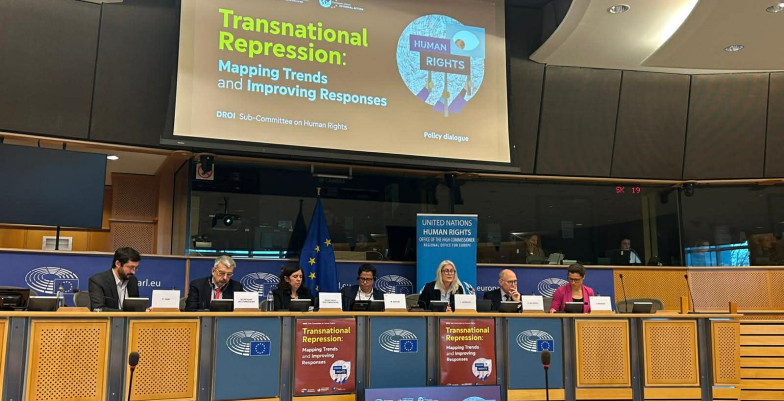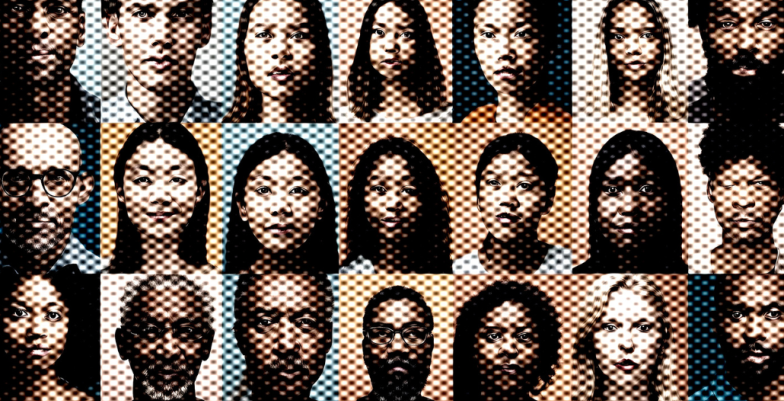Technology and Human Rights
Technology can improve access to healthcare and education, especially in remote areas, and empower people by giving them more access to information and a stronger voice. Social media can help document human rights abuses and bring them to public attention, as well as amplify marginalised voices.
However, technology can also be misused for mass surveillance, censorship, and spreading disinformation. Artificial intelligence and facial recognition raise concerns about privacy and discrimination, while the digital divide can worsen existing inequalities.
What do we do?
The fast growth of generative AI and changes in social media policies have shown that strict rules are needed to keep the digital space safe and fair. The EU is leading the way with new laws like the Digital Services Act and the AI Act to ensure technology respects human rights.
Promoting human rights online is a key goal of the EU’s foreign policy. The EU supports a free, open, and secure internet for all. We work to protect privacy, fight censorship and internet shutdowns, and combat online hate, disinformation, and cybercrime—all in line with international human rights law.
We also support the responsible use of AI through a human rights-based approach. These principles guide our actions and are reflected in the EU Action Plan on Human Rights and Democracy (2020–2027), the Declaration on European Digital Rights and Principles, and the Declaration for the Future of the Internet.
The EU works with partner countries, civil society, international organisations and private sector actors around the world to protect digital rights.
Through human rights and digital dialogues, we condemn internet shutdowns, censorship, and surveillance, especially when used against journalists and human rights defenders. We share best practices on content moderation and AI.
The EU speaks out through public diplomacy when online freedoms are under threat and organises public campaigns on digital and human rights, such as the EU-OHCHR joint campaign on internet shutdowns.
As part of its technical cooperation, the EU shares its expertise in regulating technology with partner countries, particularly on the AI and Digital Services Act, through the work of the EEAS and EU AI offices.
The EU engages with tech companies, urging them to protect human rights defenders better online.
In addition, we support human rights defenders (HRDs) through ProtectDefenders.eu, which provides emergency grants for digital protection (devices and VPNs) and digital security training to NGOs and HRDs.
The EU also funds initiatives like the EUR 30 million “Multilateralism and Digitalisation” Action, including a EUR 4 million project with the UN Human Rights Office to protect digital rights in selected countries, as well as a project with UNESCO which will support the implementation of UNESCO’s Guidelines for Digital Platform Governance.
Because technology crosses borders, the EU promotes multilateral and multi-stakeholder cooperation, especially at the United Nations. We played an active role in shaping the Global Digital Compact in 2024 and continue to push for its implementation. Digital rights are also key topics in our cooperation with partners like the OHCHR, UNESCO, ITU and Human Rights Council sessions in Geneva.








